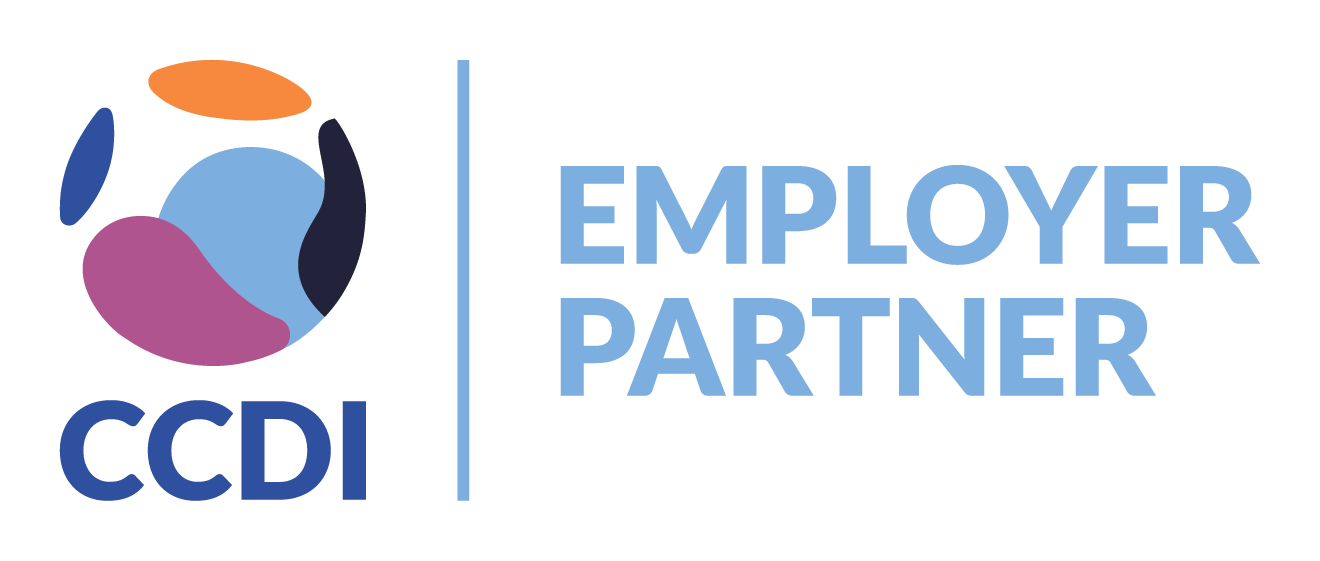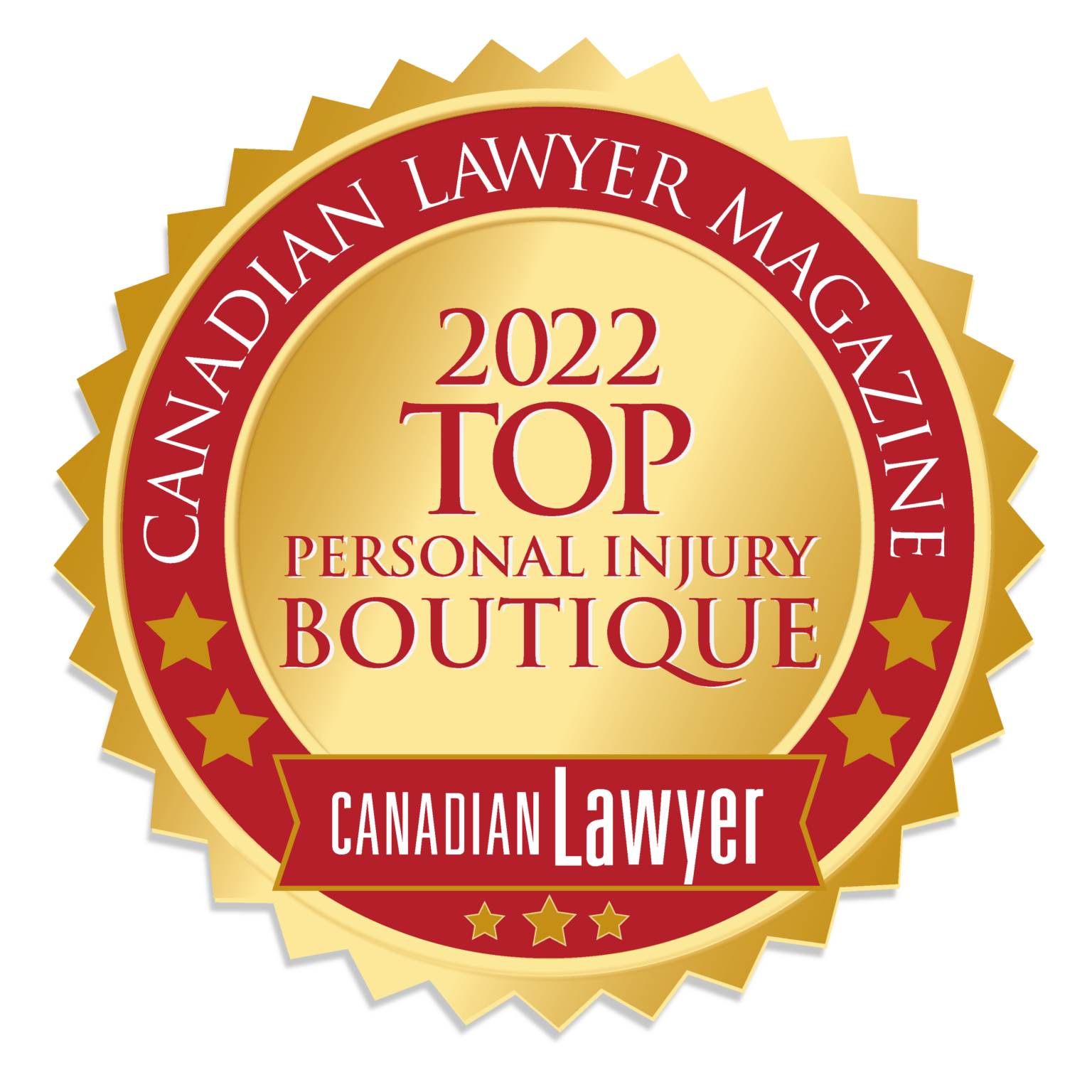
Whether you’re considering filing an injury claim or your claim is ongoing, you may be wondering what comes next. We put together this handy list of steps for a personal injury claim so you can know more about the process and what to expect.
What happens in a free consultation?
At this stage, most people want to find out if they are eligible to file a claim. Most consultations last approximately 60 minutes, although your appointment may run longer if more time is needed to gather important details and answer all your questions.
Some examples of questions you may want to ask in your initial consult with an injury lawyer include:
- What is your experience with personal injury cases, particularly in Alberta? This helps you get a sense of the lawyer’s familiarity with personal injury law and their experience in handling cases similar to yours.
- What is the likelihood of success in my case? Ask for their assessment of your case’s strengths and weaknesses and their opinion on the potential outcome.
- How will you handle my case? Understand the steps they will take, including investigation, gathering evidence, and negotiating with insurance companies.
- What is your fee structure? Clarify whether they work on a contingency fee basis (where they only get paid if you win) or if they have other billing methods.
- What are the potential costs involved in pursuing my claim? Inquire about any additional costs such as court fees, expert witness fees, and administrative costs, and how they will be covered.
- How long will it take to resolve my case? Get an idea of how long it might take from filing the claim to reaching a settlement or court decision.
- How will you keep me informed about the progress of my case? Ask about their communication practices and how often you can expect updates on your case.
- What are the potential outcomes of my case, and how will they impact me? Discuss the possible scenarios and how each outcome could affect your financial, personal, and legal situation.
- Have you handled cases similar to mine, and what were the results? Look for examples of their past successes and how those cases compare to yours.
- What should I expect during the legal process? Get an overview of what the process will involve, including any potential challenges or obstacles.
- Are there any actions I should take or avoid while my case is ongoing? Seek advice on how to protect your interests and what to do or refrain from doing during the claim process.
Some people want to get started right away, others may want to take some time to think it over. We encourage you to do what feels right to you. There’s no pressure. And if you do choose us, you don’t pay us anything unless and until you get paid.
Step 1: Initial Consultation
How should I prepare for my initial consultation?
At Litco Law, consults are always free. After booking with us, you’ll receive an email confirmation with the date, time, and location of your appointment – along with a link to our LitCafé, where you can pre-order a delicious hot or cold beverage of your choosing to be ready when you arrive. Most consultations last approximately 60 minutes, although your appointment may run longer if more time is needed to gather important details and answer all your questions.
What do I need to bring to my consultation?
We will ask for your full legal name, phone number, address, Alberta Health Care Number, and Social Insurance Number (SIN). Bring your photo ID, insurance information, any witness statements you may have, and a police report (if you have it).
You may also want to bring a list of any questions you would like to ask the lawyer.
What types of questions will be asked in my personal injury consultation?
-
- Details about how the accident occurred:
- What was the location of the accident? What happened? Where were you going? What did you feel? What did you see?
- Details about your injuries:
- Did you have any pre-existing injuries? What injuries do you have from the incident (physical and psychological)? Do you have a family doctor? Have you received any treatment for your injuries? If so, which types of treatment and what treatment providers?
- Insurance information:
- What’s your insurance information (if applicable)? Who is your Section B insurer? Do you know the names of the other parties involved?
- Employment/School:
- For employees: What is the name of your employer, your role, time worked, and dates missed due to the accident?
- For students: What is the name of your school, principal/teachers, and dates missed due to the accident?
- Details about how the accident occurred:
Based on all this information, the lawyer will be able to determine whether you have grounds for a claim. At this stage, many prospective clients just want to find out if they are eligible to file a claim. Some people want to get started right away, others may want to take some time to think it over. We encourage you to do what feels right to you. There’s no pressure. And if you do choose us, you don’t pay us anything unless and until you get paid.
Step 2: Hiring a Lawyer
During your initial consult, we’ll explain what the Contingency Fee Agreement is and how it works. Many people worry that they won’t be able to afford a personal injury lawyer. In reality, many injury lawyers in Alberta work on a contingency fee basis. This means two things:
- You won’t have to pay anything upfront
- Our fee is based on a percentage of the settlement you receive once we resolve the case
At Litco Law, we’ll also cover the cost of disbursements throughout the claim, so you don’t have to worry about costly legal bills. We never bill by the hour, and consultations are always free. If you decide to proceed with an injury claim, you’ll sign a contract to hire (retain) our legal services and get the ball rolling. At any point in the process, our team will gladly answer any questions you may have.
Step 3: Pre-Litigation
What is pre-litigation and how do I prepare for it?
This is the period after you have hired a lawyer but before the other side has retained their lawyer. During this stage, we are usually dealing with a representative of the other party’s insurance company. We are busy gathering medical treatment notes, medical reports, loss of income information, and any out-of-pocket expenses you may have as a result of your injuries. Your legal team will contact you regularly with updates, ensuring you have access to Section B or any third-party insurance benefits you may be entitled to. During this time, your lawyer will be reviewing the evidence we receive in order to determine a fair amount of compensation you could be entitled to.
How long does this stage last?
It depends on the claim. Pre-litigation could last only a few weeks, or it could last several years. In some cases, a claim is resolved in the pre-litigation stage. In other cases, the other party’s insurer will hire a lawyer as soon as we serve the *Statement of Claim. If the other party is unwilling to offer fair compensation, we will request they file a *Statement of Defense so we can proceed with litigation.
*Statement of Claim: A document we prepare and file at the courthouse to preserve your right to sue. The Statement of Claim needs to be filed before the two-year anniversary of your claim.
*Statement of Defense: A document filed in response to our Statement of Claim, usually filed by the defendant’s insurance company.
Step 4: Litigation
What is litigation?
Litigation is a legal term that refers to the legal process that begins after the other party (the defendant) files their Statement of Defense and lasts until your claim is resolved.
What can I expect during the litigation process?
During this stage, you will receive regular updates from our office. You’ll continue to receive any recommended treatments (i.e., physiotherapy, chiropractic, massage, etc.) and attend your medical appointments. We may need you to confirm the names of specialists, doctors, or treatment providers you’ve seen regarding injuries. You can easily send receipts for out-of-pocket expenses to us via our Client Portal. We may request information from your employer if you have missed work or lost income as a result of your injuries and inability to work. At this stage, you may need to attend Questioning, mediation, or possibly even a trial (in rare cases). Our team will guide you through what to expect.
What can I expect during Questioning?
Many lawsuits are settled after Questioning (also known as ‘discovery’) without ever having to go to trial. Questioning gives both sides an opportunity to bring forward their evidence and assess the strengths or weaknesses of the case.
During Questioning, the defense lawyer will likely ask you questions about what happened in the accident, where you were injured, the extent of your injuries, and how your life has been affected by the incident. You may be asked questions about how your work or school was impacted, what types of treatment you have attended, any ongoing injuries or treatments, how your ability to keep up housekeeping chores has been affected, and any out-of-pocket expenses you have had as a result of your injuries. Our lawyers can also question the other party about how the accident occurred and what caused the accident. Our legal team will ensure you are well prepared and know what to expect.
What is mediation?
A highly effective and often less stressful alternative to litigation, mediation may give you and the opposing party the opportunity to reach a settlement without ever having to see the inside of a courtroom. Mediation usually takes a full day. In some cases, you may attend mediation more than once in order to come to a resolution that’s agreeable to both sides.
How long does litigation last?
In short, until the claim is resolved. Depending on the severity of injuries or complexity of the claim, litigation may last a few weeks to several years. Litigation is ongoing from the time the defense lawyer files the Statement of Defense until the claim is resolved.
Step 5: Settlement – Case Closed!
What can I expect during my injury settlement?
We will contact you to schedule a meeting in our office, sign some paperwork, provide a breakdown of all funds received, and either direct deposit the funds or provide you with a cheque. In most cases, injury claims are settled out of court in less than three years, but each claim is different. The length of time will depend on many factors, including how complicated the accident was, the number of people involved, the seriousness of your injuries, and the length of time it takes you to reach Maximum Medical Improvement (MMI).
DID YOU KNOW? In Alberta, you generally have up to two years from the date of an accident to file a personal injury claim, or your right to do so is lost forever. But it’s important not to wait, as there may be other important deadlines or circumstances that may affect the deadline or your claim.
Have questions about filing an injury claim or booking an appointment?
Contact us today to speak with a member of our team and book a free consultation. At Litco Law, you don’t pay us anything until and unless your claim is resolved. If a claim is not in your best interest, we’ll always let you know. We’ve helped thousands of Albertans get the compensation they deserve, and we’re here to help you too.







